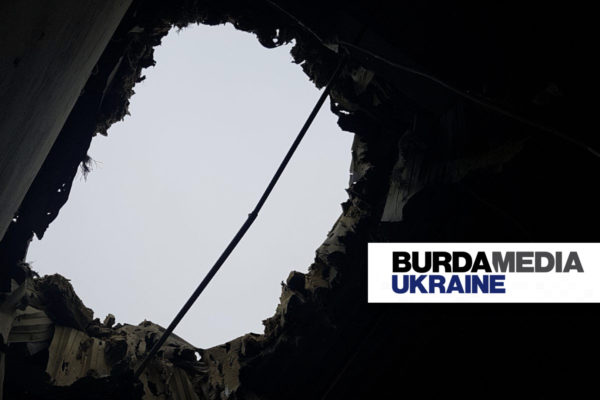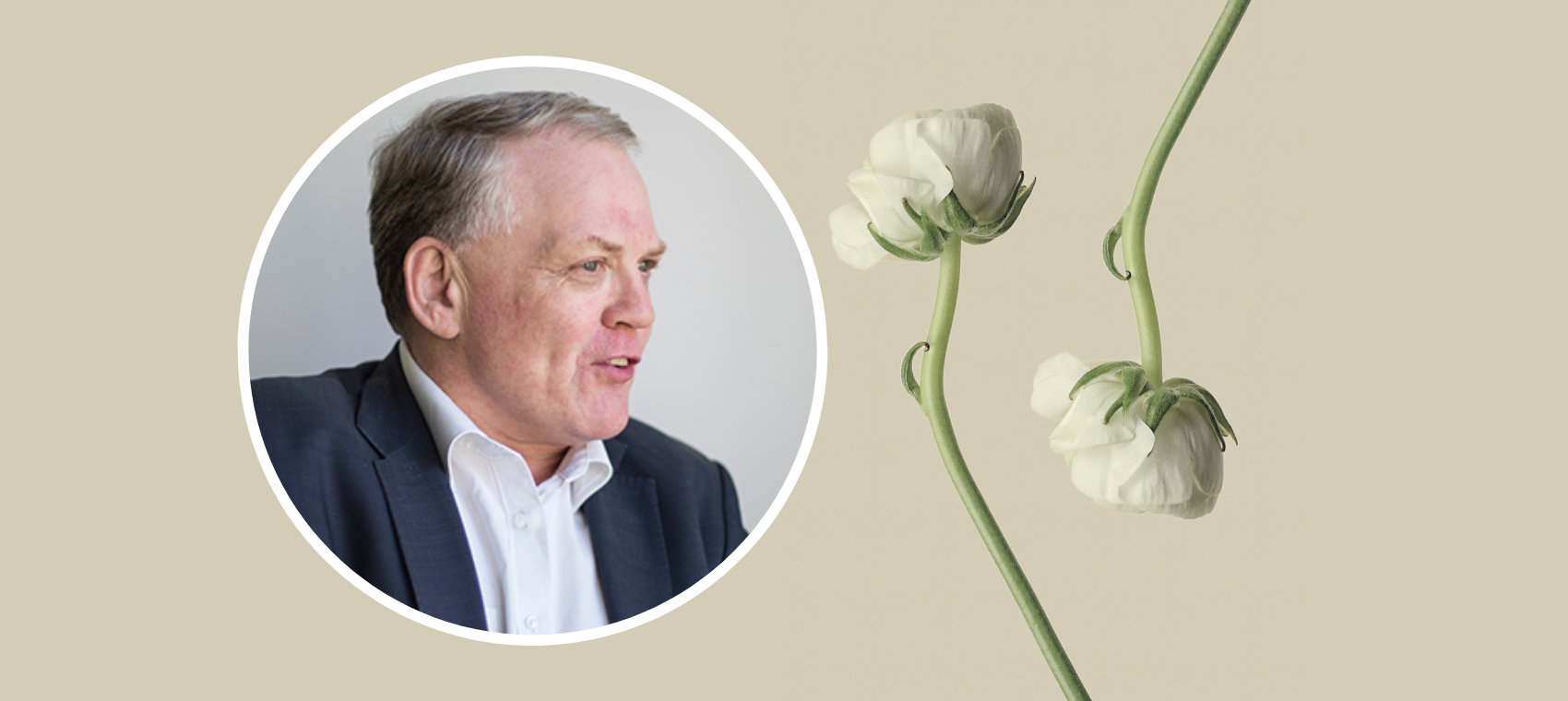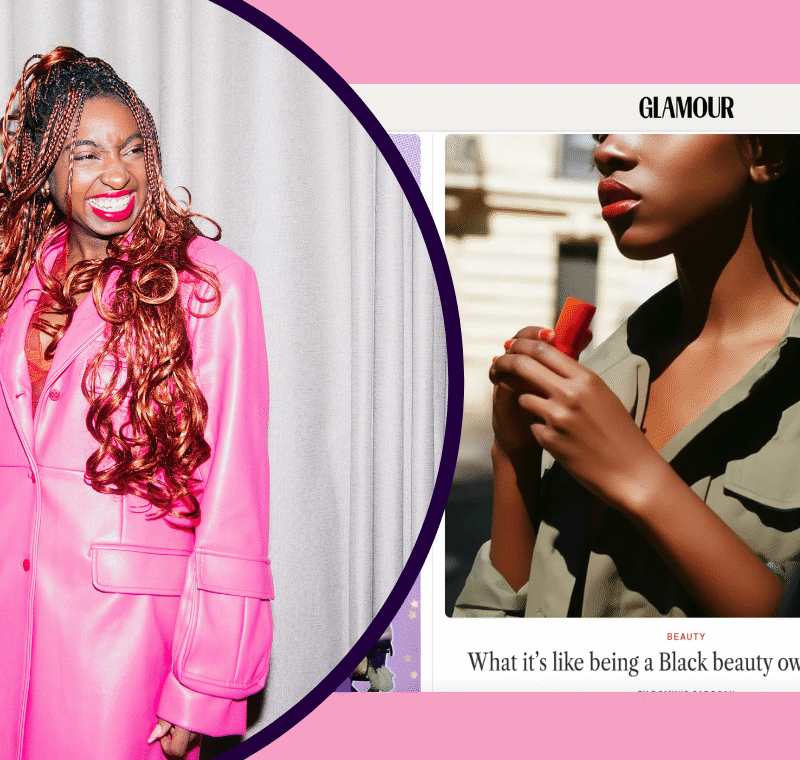Burda Media Ukraine’s CEO gives us his first-hand account of the situation on the ground
Andrii Vdovychenko is the CEO & Owner of Burda Media Ukraine. Here, from within the country, he gives us his first-hand account of the situation on the ground from a business, media, and personal pov.

“I don’t know where to start, probably with the personal part of this disaster,” Vdovychenko tells us. “We were woken up on February 24th at 4am by explosions close to where we live in Kyiv. We could tell instantly that something disastrous was happening, but nobody understood what it was – until after a while we got it, the war had started.”
“Those first few days were really hard. We had alarms going off to warn us about possible explosions and missiles coming our way. That’s when we decided to go down to the cellar. It was too dangerous to sleep in our rooms, and we ended up spending eight nights down there.”
“On the ninth night I took my wife and daughters to the Ukraine-Moldova border. They crossed it, and are now actually in Munich staying with friends. I went to a small village where my Aunt lives, and have been here for two weeks. This is the personal part of the story. It’s horrible from any perspective, but having these explosions so close to where you are living is unbelievably hard.”
Warehouse Attack
Burda Media Ukraine is one of the biggest publishers of magazines in the country, employing 104 people. In 2019, the company was set-up by way of a management buyout from Hubert Burda Germany, which saw Vdovychenko become both CEO and Owner of the Ukrainian entity.
As his account of the onset of war turns to the business, we are presented with the unsettling image of a warehouse full of famous lifestyle magazines like Marie Claire and Playboy, which during the past two weeks alone, has become the subject of both Russian shelling, and a refuge from it.
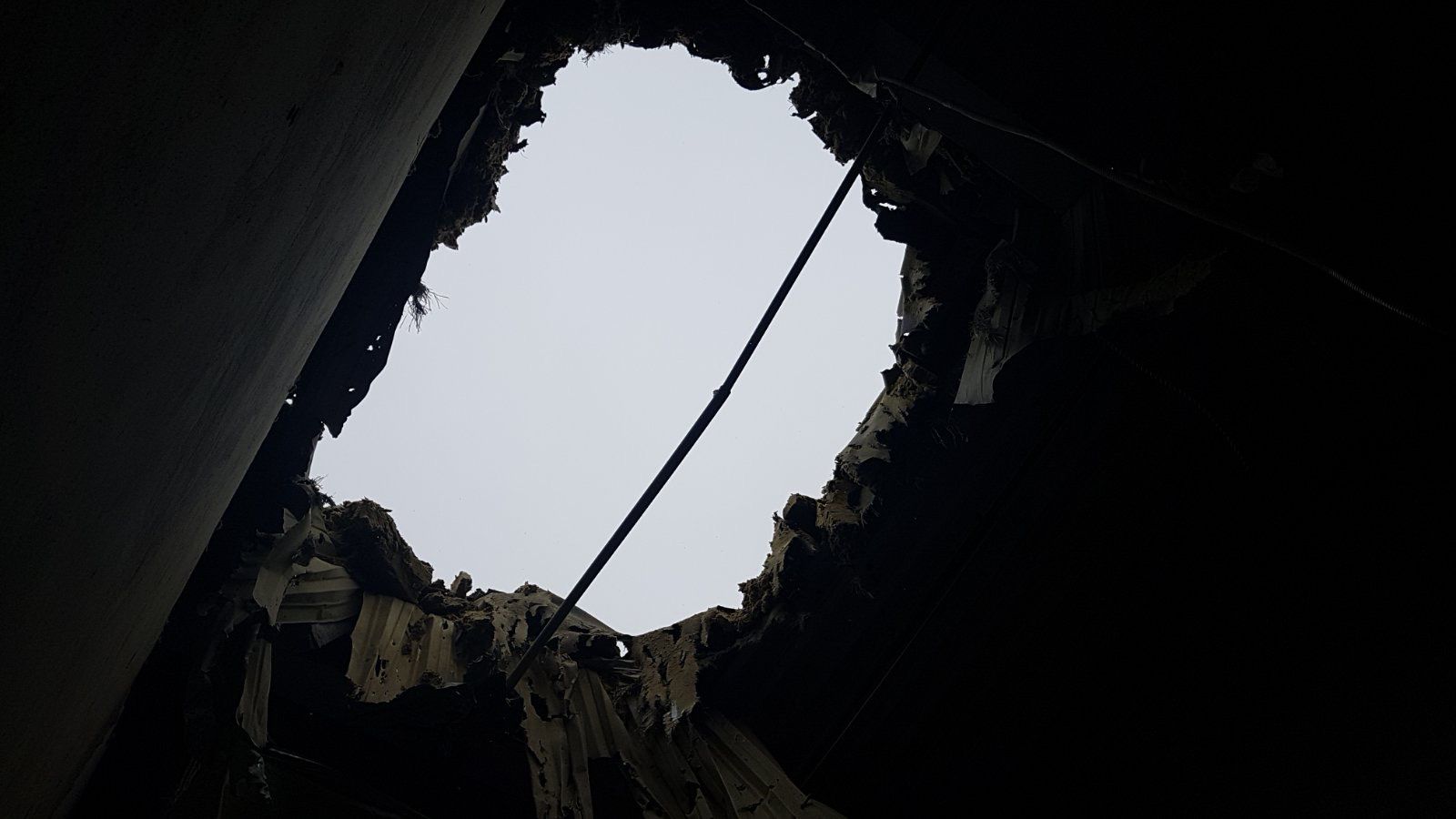
“Of course, we did not expect this war from a business perspective. Since February 24th, the company has been completely paralysed. We are not printing our magazines, we are not creating, because everybody was and in most cases still is in shelters in different areas of Kyiv. Some have left for other regions of Ukraine, such as myself. Some employees left to go to other countries: Poland, Czech Republic, Germany, and so on.”
“One missile actually hit our warehouse where the magazines are stored. During this attack, which I think was on the second day of the war, two warehouse colleagues of mine were there. They could not leave the warehouse because the area was hit from the very first days of the war. So they spent two weeks there sheltering. And really for two weeks, they had very little normal connection to their family, with very little food, and so on. So that was really something horrible.”
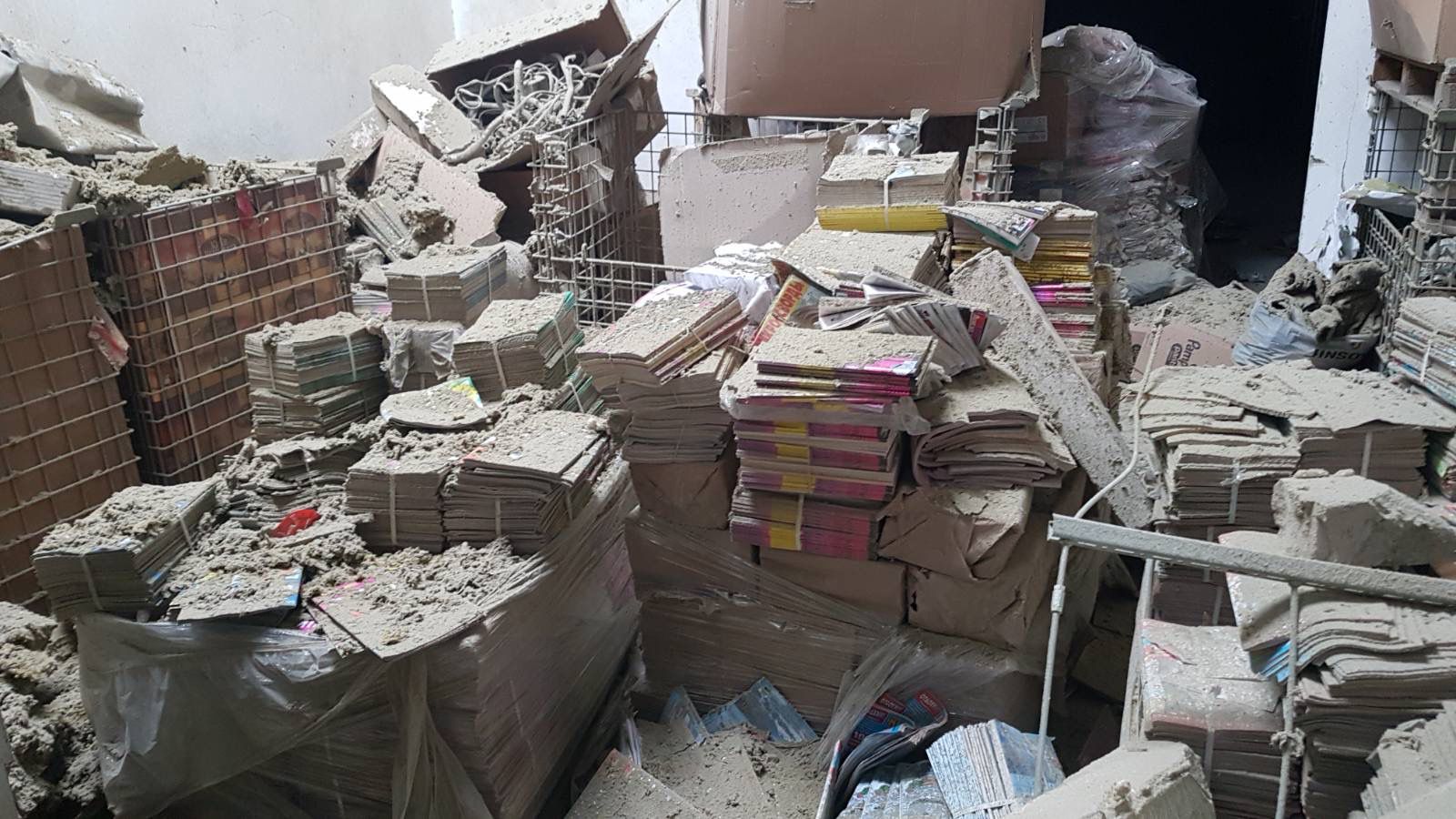
Media efforts on the ground
“As for the rest of the company, we continue to try to produce content on our websites, covering different topics. For example, we have a parental site called My Baby, which is now covering issues like how to help your kids deal with their surroundings psychologically, while shootings and bombs go off around them. Our digital editorial teams are still doing great jobs and the way they have continued to work during all of this – often in shelters or on the way to other places – is really amazing.”
Vdovychenko has managed to pay salaries for employees in March, but says the situation for April looks less clear. With no advertising revenue coming in, and no magazines being printed or distributed on the ground, I asked him what the best way is for the international industry to support Ukrainian media efforts at present?
“On the business side we don’t have any revenues coming in, because the whole country has been attacked. This is the reality. For the time being, there is an immediate cashflow problem, as even the wholesalers that we have already delivered goods to cannot send money back in the opposite direction. So some money would be very helpful for these next couple of months, to help pay salaries and to help some editorial efforts continue.”
Editor’s Note: There are many ways you can help Ukraine’s media at this time… One initiative that I have seen repeatedly in the press and on my socials is this GoFundMe page by The Fix media, in conjunction with other partners. You can find out more here.
Fake news fading
I was also keen to get Vdovychenko’s view on the current fake news situation domestically. We know that in Russia, Putin has been doing his best to supress free speech and factual reporting on the war, although it appears that the march of truth may finally be winning out against his propaganda machine. But what of the situation in Ukraine? Is fake news still circulating on social media?
“I would say that some attempts to circulate fake news within Ukraine continue. For example, I heard about a smaller town in the south where the governor was said to be cooperating with the Russian military. But within five minutes of those reports circulating on social media, there were maybe 100 posts from residents of the town telling us that this is just not true. More generally, we see examples of what you might call ‘influencers’ or ‘media specialists’ reacting very quickly to fake reports online, and setting the record straight.”
Finally, I had to simply ask Andrii, what’s next? Where does he personally go from here?
“I will continue to look at the situation,” he tells me. “The situation as of now is that men aged 18-60 are not allowed to leave the country, so I would not even be thinking about doing that right now as it is just a no-go. I hope that things will change for the better, that a solution will come that brings peace back to my country, and then my family can come back.”

